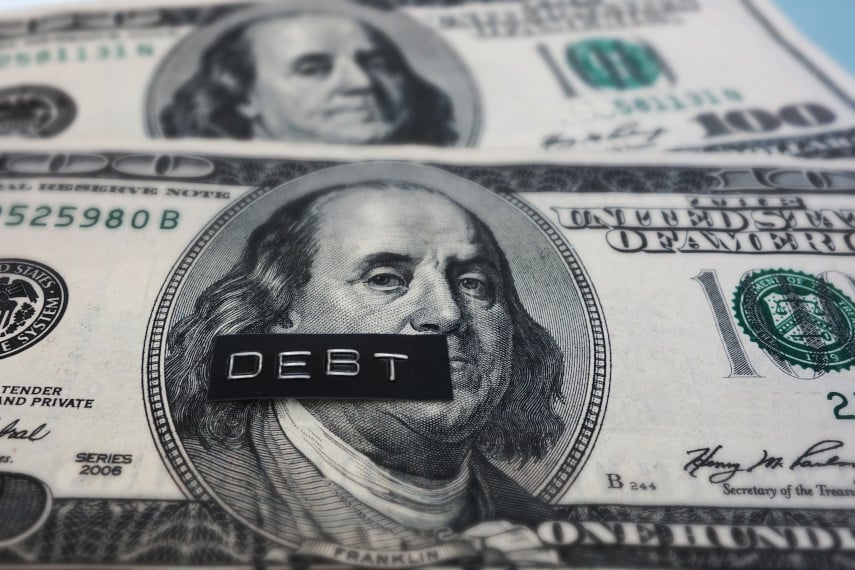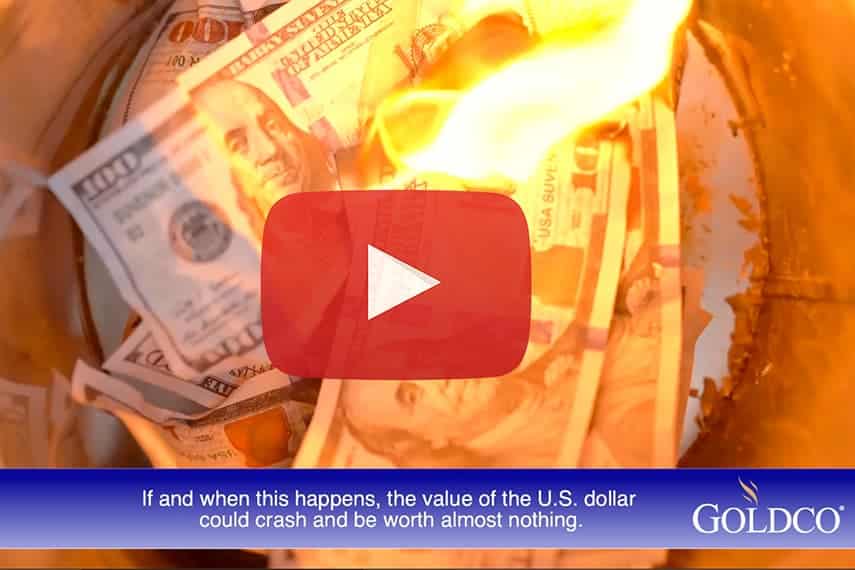
To curb the worst of the Great Recession in 2008, the U.S. Federal Reserve Bank had to resort to extraordinary measures. In the lingo of the Fed, they embarked upon an “unprecedented monetary accommodation” and, at least to a certain extent, succeeded in preventing the collapse of U.S. credit markets. Our economy recovered, although in some aspects, like employment and wages, that recovery was maddeningly and painfully slow.
The aftermath of the greatest recession in recent memory was certainly bad enough, despite the Fed’s unprecedented accommodation and, since employment is one of the Federal Reserve’s core considerations, that accommodation dragged on for years and years. But, like any junkie getting a supply of high powered drugs, American business soon became hooked on cheap cash. The dependency was so dysfunctional that some companies would borrow money from the Fed and use it to buy back their own stock. That practice introduced a kind of phony growth to the stock market, the effects of which only began to moderate in late 2014 and 2015.
In a Tight Corner
The problem the Federal Reserve faces today is obvious. After being “accommodating” for so long, if the Fed now raises interest rates many companies that are leveraged up to their collective eyeballs may go under. So far the Fed’s found excuse after excuse to forestall raising rates. First it was layoffs and weakness in the oil industry; now an ugly May jobs report and the closely watched Brexit referendum to decide if the UK will stay in the European Union have kept the Fed’s finger off the rate trigger.
What About Next Time?
The problem with a decades-long easy money policy is the Fed now has few tools to address the next recession—and there will be another, some say it’s already here. Since cheap money has become the norm, cash injections no longer stimulate the economy. That leaves the Fed with few tools to meet the next crisis which, in an ironic twist, the Fed itself helped create!
Throwing Money at Business
One tool the Fed has left is called Quantitative Easing, or QE. Big companies, like Microsoft, issue bonds at ultra-low interest rates and the Fed buys them. The idea is that companies then use that money to build new factories and hire workers. But in 2009, that’s not what happened. Companies simply stockpiled the cash, sometimes in tax shelter countries like Ireland, until the economy improved.
Helicopter Money Won’t Fly
This phrase harkens back to the days when radio or television stations would dump a bucket of money out of a helicopter as a promotional stunt. Since giving money to big corporations hasn’t worked, the reasoning behind so-called “helicopter money” is that government giving that cash to average Americans would stimulate consumer spending, hence the economy. After the failure of QE, it’s easy to understand how the idea of helicopter money would be appealing to the Fed. The problem with helicopter money is that average folk are likely to do the same thing as Microsoft and simply bank the cash as a hedge against economic uncertainty.
All Bad Choices
Looking at the Fed’s available options it quickly becomes clear that our central bank is running low on interventionist options. What’s worse is that it’s the Fed’s previous interventionist policies that have set up the next recession to be even longer and more severe than the last one. If the repercussions weren’t so serious it would be funny.
The current volatility in global markets and the limited options the Fed has for dealing with a recession means that chasing returns in the current market is simply folly. If you haven’t rebalanced your portfolio recently today would be the day. The Brexit vote is tomorrow and waiting to reduce your exposure to stocks or increase your holding of liquid hard assets like gold and silver could be a costly mistake.






